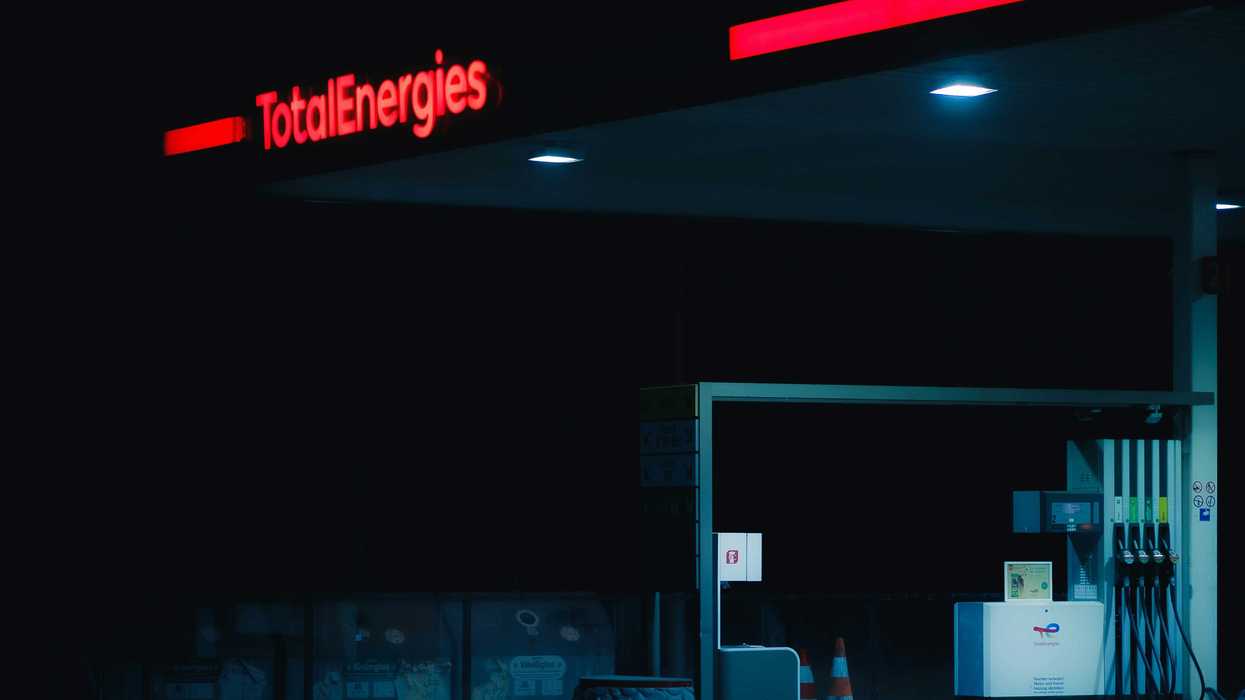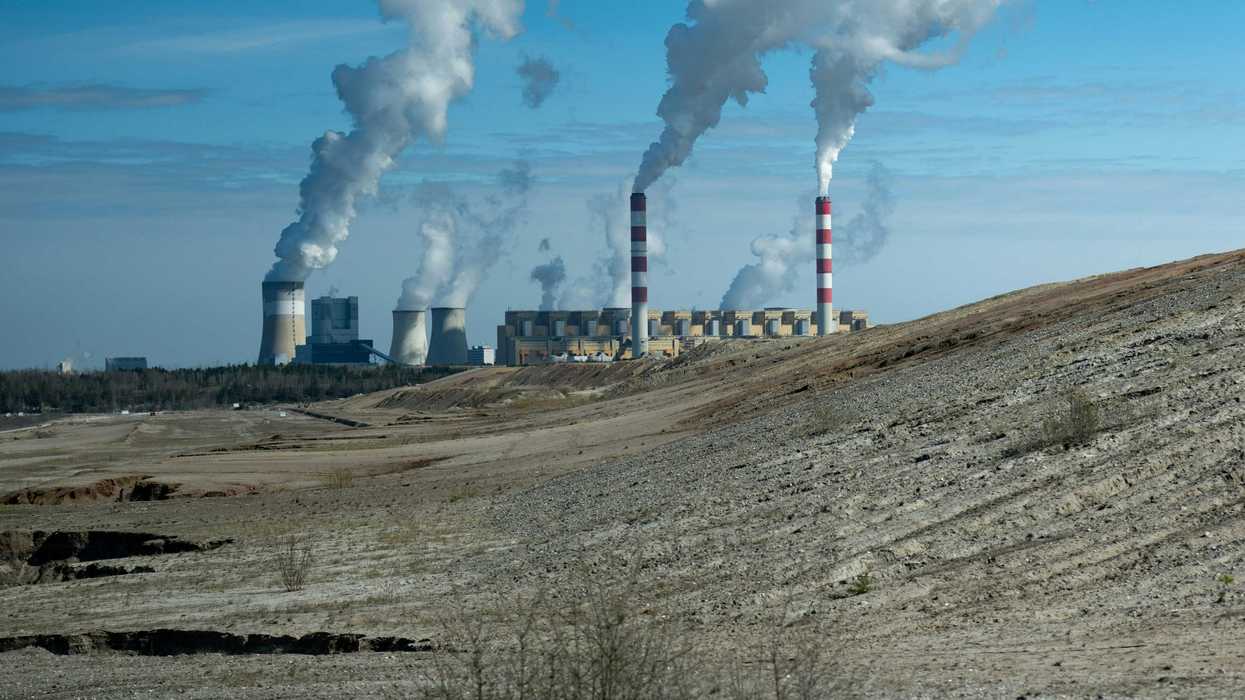Victims of U.S. nuclear testing urge Congress to expand compensation before a crucial aid program expires next month.
W.J. Hennigan writes for The New York Times.
In short:
- "Downwinders" are individuals affected by nuclear tests conducted in New Mexico and Nevada between 1945 and 1962, suffering from cancer and other illnesses.
- The Radiation Exposure Compensation Act (RECA) currently aids specific areas but excludes many impacted communities; it is set to expire on June 7.
- A proposed bill would extend and expand RECA, but Speaker Mike Johnson has stalled a House vote.
Key quote:
"We don’t ever ask if we’re going to get [cancer]. We wonder when."
— Bernice Gutierrez, affected resident
Why this matters:
The current Radiation Exposure Compensation Act provides some support to victims of U.S. nuclear testing, but many argue it falls short of covering the medical expenses and loss of income endured by those affected. As the expiration date looms, advocates are pushing for not just an extension but also an expansion of the program to include more affected individuals and to increase the compensation amounts. The fallout from these tests has caused immediate health crises and has had lasting effects on the environment, contaminating water and soil, and contributing to long-term ecological damage.














